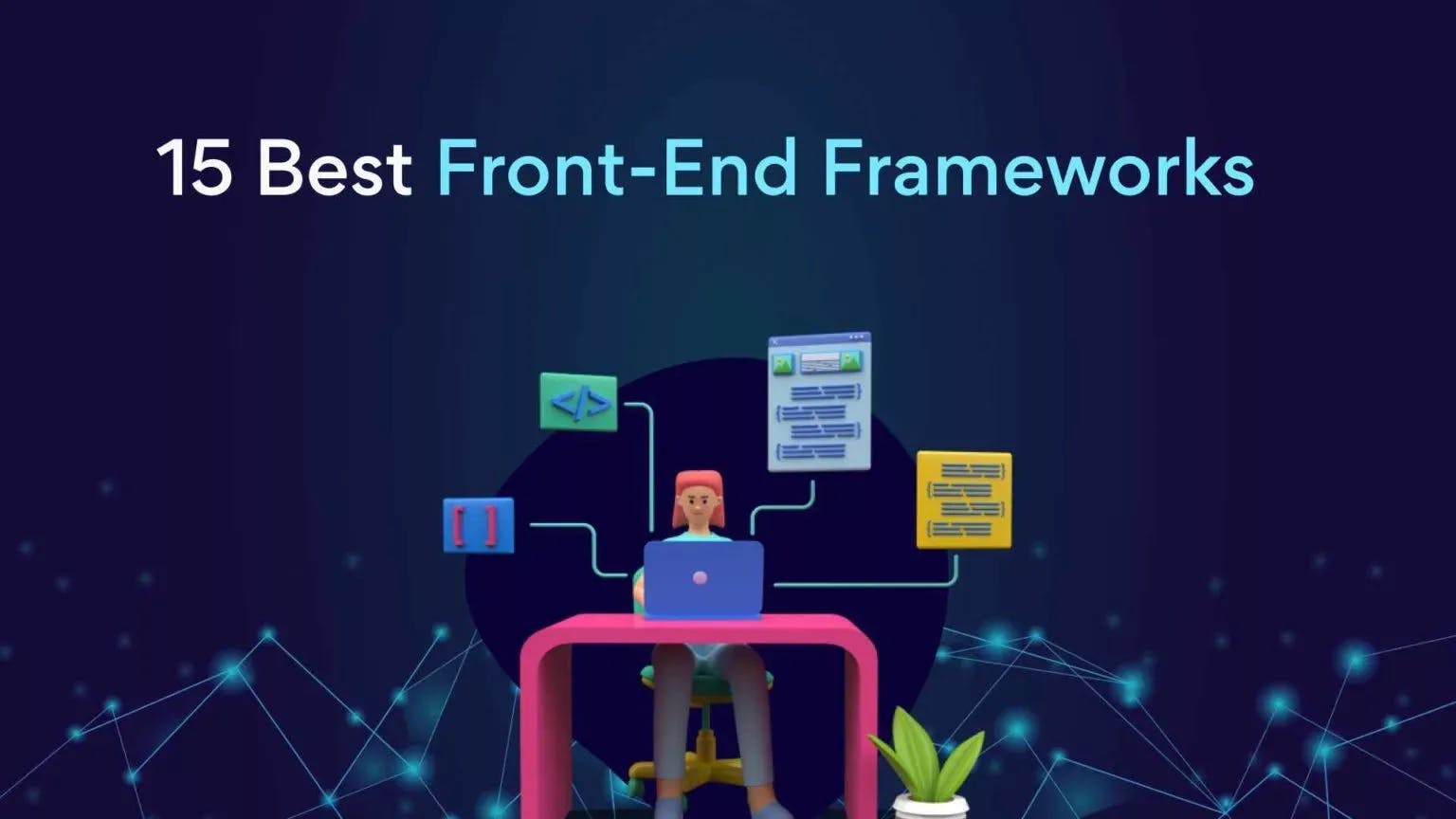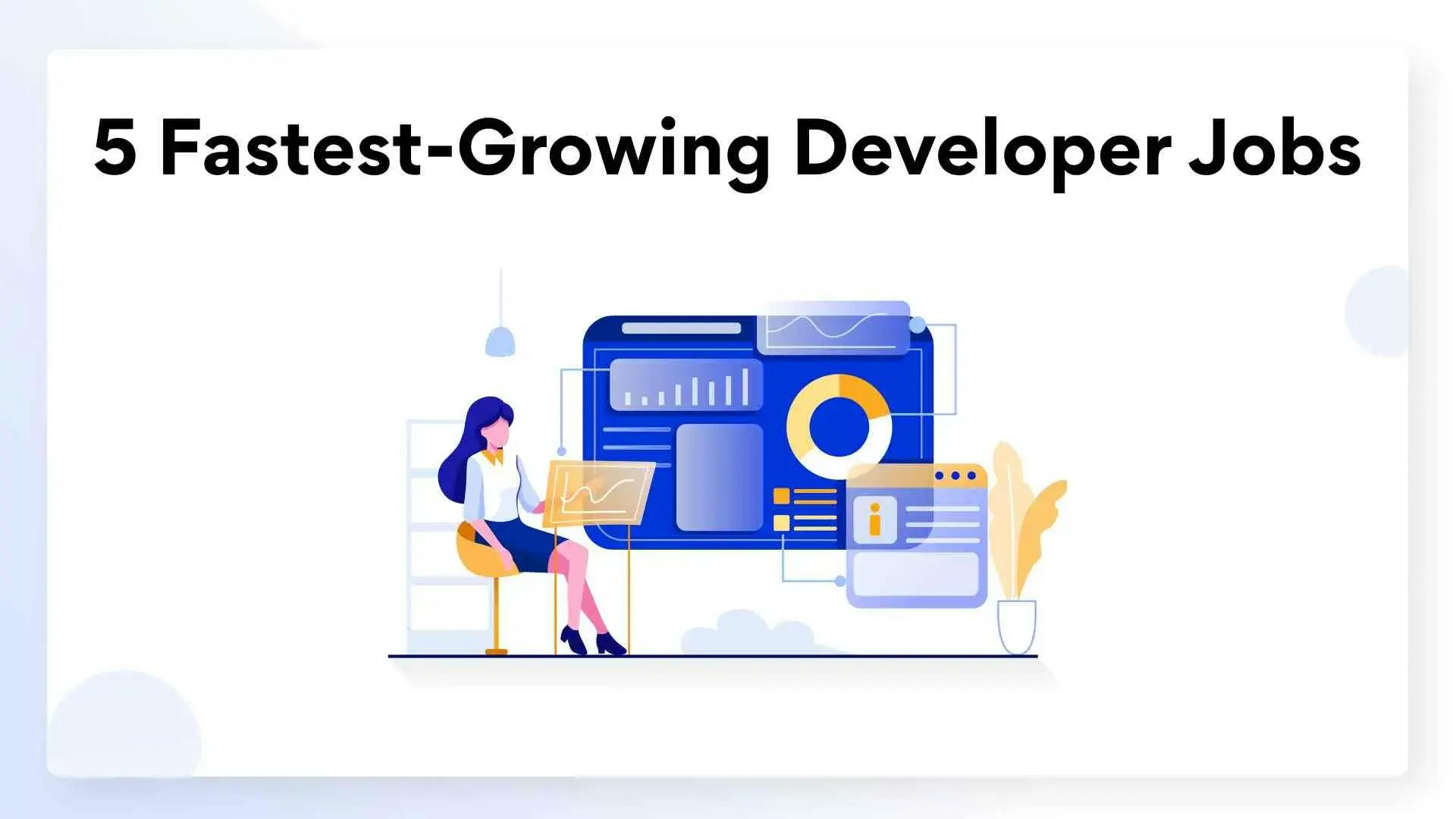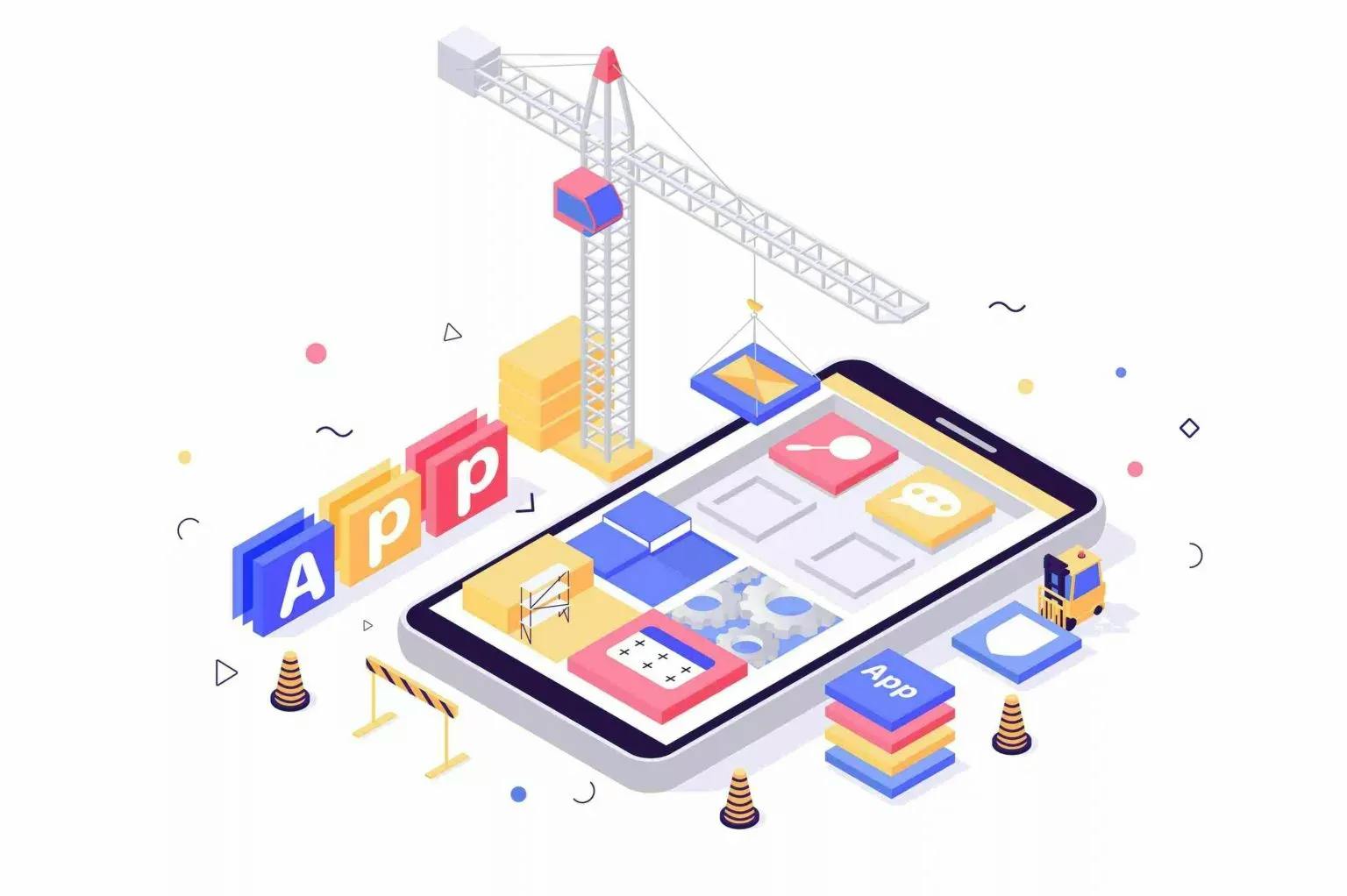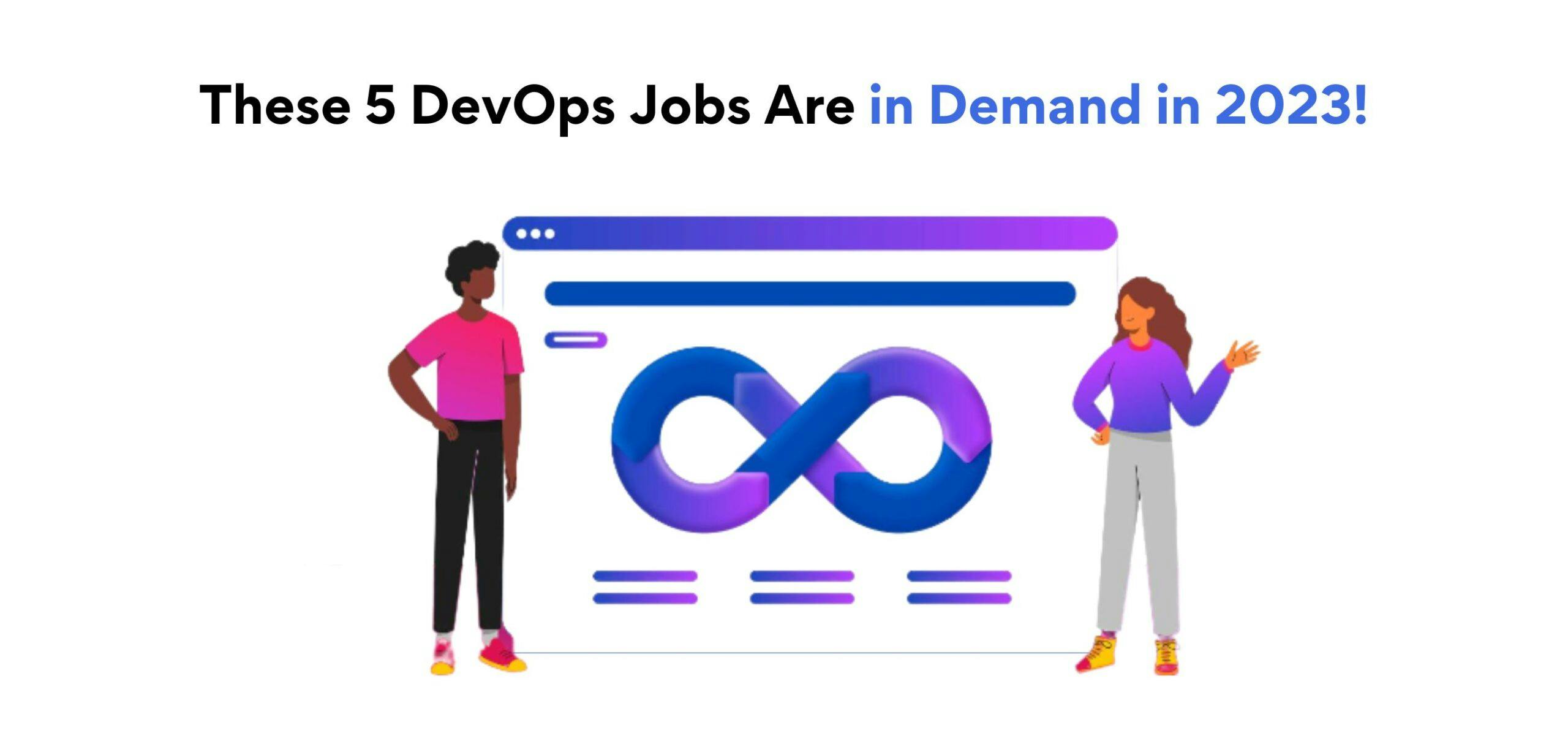Remote Kubernetes developer jobs
We, at Turing, are looking for Kubernetes developers who can manage the cloud infrastructure, automate deployment & operation, and scale across containers in various environments. Here's your chance to accelerate your career while working with top industry veterans.
Find remote software jobs with hundreds of Turing clients
Job description
Job responsibilities
- Automation of Kubernetes API for deployment/updates/patching, etc.
- Design, develop & deliver products that are fully functional, troubleshoot and fix bugs
- Provide a high-quality user experience, and overcome scalability issues
- Write clean, readable codes, perform unit and integration tests
- Analyze & enhance the performance of the applications & deliver high-quality solutions
Minimum requirements
- Bachelor’s/Master’s degree in Computer Science (or equivalent experience)
- 3+ years of working experience in Kubernetes (rare exceptions for highly skilled developers)
- Knowledge of operators, frameworks, networking, logging/monitoring & infrastructure
- Experience with container technologies like Docker
- Experience configuring & running Kubernetes environments
- Familiarity with the Kubernetes SDK & development of Kubernetes operators
- Fluent in English communication (both verbal and written)
- Ability to work full-time (40 hours/week) with a 4 hour overlap with US time zones
Preferred skills
- Good understanding of CI/CD pipelines, CPU, memory, cluster & pod health
- Willingness to collaborate with other teams & a strong product sense is a plus
- Exceptional problem-solving and analytical abilities
- Excellent time management skills
Interested in this job?
Apply to Turing today.
Why join Turing?
1Elite US Jobs
2Career Growth
3Developer success support
How to become a Turing developer?
Create your profile
Fill in your basic details - Name, location, skills, salary, & experience.
Take our tests and interviews
Solve questions and appear for technical interview.
Receive job offers
Get matched with the best US and Silicon Valley companies.
Start working on your dream job
Once you join Turing, you’ll never have to apply for another job.
Learn how to create a perfect resume
Turing.com lists out the do’s and don’ts behind a great resume
to help you find a top remote Kubernetes developer job.

How to become a Kubernetes developer ?
Kubernetes (also known as K8s) is an open-source system for automating containerized application deployment, scaling, and administration. Google was one of the first companies to embrace Linux container technology.
The main benefit of implementing Kubernetes in your environment, especially if you're optimising app development for the cloud, is that it provides a framework for scheduling and running containers on physical or virtual machine clusters (VMs). It also aids you in fully implementing and relying on a container-based infrastructure in production scenarios. And, because Kubernetes is focused about automating operational activities, you can do a lot of the same things with your containers that you can with other application platforms or management systems.
What is the scope in Kubernetes development?
It has now become the major flow due to the progress of apps and Kubernetes acceptability. It's not just about changing how software is deployed and run; it's also about modernising the architecture. Kubernetes is quickly becoming the cloud's operating system, bringing with it universality and the potential for significant benefits for IT companies and developers. Throughout 2017, Kubernetes gained a lot of traction and acceptance, with all major cloud providers now offering native Kubernetes services and several container orchestration platforms rebuilding on Kubernetes as a foundation.
Overall, Kubernetes is one of those promising technologies that can help you advance your profession in the future. So, if you want to get into a dynamic position with a good salary, adding Kubernetes to your technology portfolio is your best chance.
What are the roles and responsibilities of a Kubernetes developer?
While developing and deploying containerized apps may eliminate the need for separate development environments, it is critical for in Kubernetes developer jobs to understand how containers operate at runtime. Especially when utilising a Kubernetes orchestrator, and particularly in production. Developers don't need to know everything about operations to be a valuable member of a DevOps team, but they do need to learn enough about Kubernetes and the production environment. The major responsibilities in a Kubernetes developer job are as follows –
- Design and implement a Jenkins-based continuous build-test-deployment (CI/CD) system with different component pipelines to handle weekly and out-of-cycle releases as needed.
- Docker-based deployments, dealing with Docker images, Docker Hub and Docker-registries, and Kubernetes experience.
- Lead the shift from manual setup and deployment to Chef-based 'infrastructure as code,' including cookbook design and implementation.
- With Chef Automation and a large deployment of RedHat Linux instances systems, you can build and manage a large deployment of RedHat Linux instances systems.
- Chef Recipes may be used to automate local user provisioning for VMs deployed in Openstack and AWS cloud.
- Involve in the creation of a test environment based on Docker containers, as well as the configuration of such containers using Kubernetes.
- Microservice onboarding tools were developed using Python and Jenkins, making it simple to create and maintain build processes and Kubernetes deployments and services.
- Microservices and component-based architectures are being refactored from monolithic programmes.
- Manage Docker containers and Kubernetes clusters using the OpenShift platform.
- Maintaining Docker Images and Containers while working on infrastructure with Docker containerization.
How to become a Kubernetes developer?
Kubernetes (K8s) is a crucial tool for DevOps engineers, and it is widely regarded as the most valuable container management technology. It is at the heart of the cloud-native revolution and can scale without adding to the operations personnel. Training and certifications improve resumes and can pique an employer's interest. The Kubernetes official website includes Linux Foundation and training partner training and certifications. Officials describe it as a career investment that will aid in the development of cloud native projects.
Kubernetes offers two certification programs: a Certified Kubernetes Application Developer (CKAD) course that teaches intermediate-level users how to design, build, configure, and expose cloud native applications for K8s. To design, monitor, and debug scalable applications and tools in K8s, CKAD can describe application resources and leverage core primitives. A Certified Kubernetes Administrator is the second certificate program (CKA). Kubernetes administrators, cloud administrators, and other IT professionals who handle K8s instances should pursue this certification. Basic installation, as well as setting and administering production-grade K8s clusters, are all possible for CKA holders. They're familiar with K8s networking, storage, security, maintenance, logging and monitoring, application lifecycle, troubleshooting, API object primitives, and the ability to create basic use-cases for end users. If you have the skills, all you need to do next is create a beautiful Kubernetes developer resume that showcases your skills and experience to employers.
Let’s take a look at the skills you need to master for your successful Kubernetes developer job.
Interested in Kubernetes developer jobs?
Become a Turing developer!
Skills required to become a Kubernetes developer
Companies are looking for individuals with competence in Kubernetes, and it's been one of the most valuable assets they're looking for. Hundreds of firms, like Capital One and Walmart, already have at least 50 clusters in production and send reps to conferences looking for Kubernetes-experienced potential. Employers are increasingly looking for professionals who have worked with Kubernetes. Here are the skills you'll need to get your career started.
1. Scripting and scripting language
Scripting is an important part of many engineers' toolkits. The reasons for this are self-evident: they enable you to automate chores and complete projects rapidly. If you are unfamiliar with scripting, you should learn it immediately. Even if you do, it's worth considering trying out some different programming languages. You could discover that taking a different technique – if you mostly use Python – makes you more productive or allows you to solve difficulties more quickly than before.
2. Infrastructure automation tools and platforms
Infrastructure automation systems like Ansible and Puppet have become increasingly vital to many businesses as hybrid and multi-cloud computing has become more prevalent. Puppet and Ansible remain two of the most significant platforms to study and understand, with Puppet wanting to continue to evolve and Ansible maintaining a solid market position. There are, however, a plethora of other options — Terraform, for example, appears to be developing at an alarming rate, even if it hasn't yet achieved critical mass, but Salt and Chef are also worth knowing.
3. Cloud architecture and design
Gone are the days when cloud computing was nothing more than a rented server. Its days of providing a simple (or at least reasonably easy) solution to storage and computing issues are long gone. Being able to piece together multiple different pieces is vitally crucial, especially when trends like multi and hybrid cloud are becoming the standard and serverless is gaining ground at the leading edge of software development.
4. Security and resilience
With the rise in architectural complexity, ensuring security and resilience has become critical, but also extremely difficult. Fortunately, there are a variety of tools and strategies for doing so, each of which is applicable to specific job positions — from service meshes to monitoring platforms to chaotic engineering, engineers may tackle stability and security concerns in a variety of ways.
Interested in Kubernetes developer jobs?
Become a Turing developer!
How to get remote Kubernetes developer jobs?
Developers are very similar to athletes. To excel at their craft, they need to practice effectively and consistently. They also have to work hard enough so that their skills gradually grow over time. In this sense, there are two main factors that developers must focus on for these advances to occur: the support of someone who has more experience in the practice and is more effective as you practice. As a developer, it is important that you know how much to practice. So, make sure someone is available to help and watch for signs of burnout!
Turing has the best remote Kubernetes developer jobs to match your Kubernetes developer career. Grow quickly by working on challenging technical and business problems using the latest technology. Join a network of the world's best developers and get long-term full-time remote Kubernetes developers job with better compensation and career development.
Why become a Kubernetes developer at Turing?
Elite US jobs
Long-term opportunities to work for amazing, mission-driven US companies with great compensation.
Career growth
Work on challenging technical and business problems using cutting-edge technology to accelerate your career growth.
Exclusive developer community
Join a worldwide community of elite software developers.
Once you join Turing, you’ll never have to apply for another job.
Turing's commitments are long-term and full-time. As one project draws to a close, our team gets to work identifying the next one for you in a matter of weeks.
Work from the comfort of your home
Turing allows you to work according to your convenience. We have flexible working hours and you can work for top US firms from the comfort of your home.
Great compensation
Working with top US corporations, Turing developers make more than the standard market pay in most nations.
How much does Turing pay their Kubernetes developers?
In Turing, each Kubernetes developer can set its own rate. However, Turing recommends a salary where we know we can find a long-term fruitful opportunity for you. Our recommendations are based on our assessment of market conditions and the demand we see from our clients.
Frequently Asked Questions
Latest posts from Turing
Leadership
Equal Opportunity Policy
Explore remote developer jobs
Based on your skills
- React/Node
- React.js
- Node.js
- AWS
- JavaScript
- Python
- Python/React
- Typescript
- Java
- PostgreSQL
- React Native
- PHP
- PHP/Laravel
- Golang
- Ruby on Rails
- Angular
- Android
- iOS
- AI/ML
- Angular/Node
- Laravel
- MySQL
- ASP .NET
Based on your role
- Full-stack
- Back-end
- Front-end
- DevOps
- Mobile
- Data Engineer
- Business Analyst
- Data Scientist
- ML Scientist
- ML Engineer
Based on your career trajectory
- Software Engineer
- Software Developer
- Senior Engineer
- Software Architect
- Senior Architect
- Tech Lead Manager
- VP of Software Engineering












